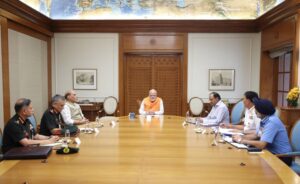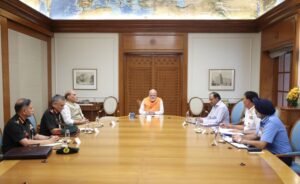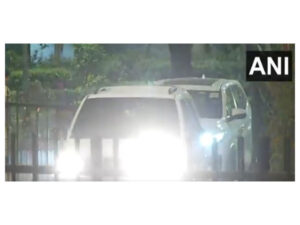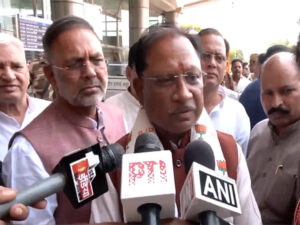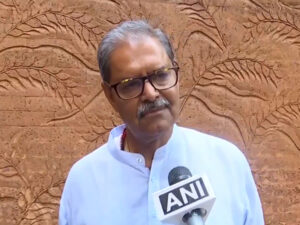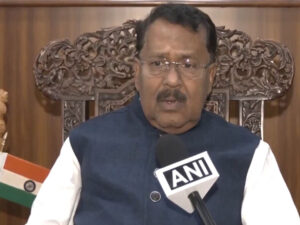Delhi HC grants protection to married couple belonging to different religions
New Delhi [India], September 19 (ANI): The Delhi High Court in an order granted protection to a couple that recently got married and belonged to different religions observing that “The choice to choose a life partner cannot in any way be affected by matters of faith and religion.”
The bench of Justice Saurabh Benrajee in an order passed last week observed that Article 21 of the Constitution of India gives Protection of Life and Personal Liberty to all persons whereby it is the inherent right of every individual to exercise personal choices, especially in matters relating to marriage. Thus, in the opinion of this Court, the petitioners herein are well and truly entitled to protection under Article 21 of the Constitution of India.
“The petitioners in the present case are major and well within their rights to marry each other unaffected by religion, faith and beliefs. The parents of the petitioner cannot be permitted to threaten the life and liberty of the petitioners, who do not require any social approval for their personal decisions and choices,” said the court.
The court observations came during the hearing of a petition whereby the petitioners, being major, got married under the Special Marriage Act, 1954 on July 31, 2023. The petitioners are now receiving constant threats from respondent parents as the petitioners belong to different religions and have married against their wishes.
Advocates Gurpreet Singh and Kamal appeared for the Petitioners and submitted that the petitioners be provided police protection against the parents. The right to marry is an incident of human liberty.
The right to marry a person of one’s choice is not only underscored in the Universal Declaration of Human Rights but is also an integral facet of Article 21 of the Constitution of India which guarantees the right to life.
Noting the submission, the Delhi High Court allowed the petition and directed that the contact number of the concerned Beat Constable and the concerned SHO shall be provided to the petitioners and they shall be free to call or get in touch with either of them, as and when the need so arises.

